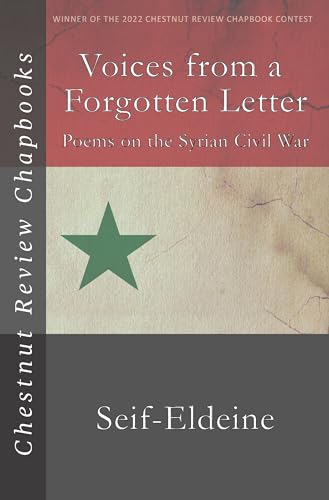One of the biggest problems with modern democracy is that most of the public is usually ignorant of politics and government. Often, many people understand that their votes are unlikely to change the outcome of an election and don't see the point in learning much about politics. This may be rational, but it creates a nation of people with little political knowledge and little ability to objectively evaluate what they do know.
In Democracy and Political Ignorance, Ilya Somin mines the depths of ignorance in America and reveals the extent to which it is a major problem for democracy. Somin weighs various options for solving this problem, arguing that political ignorance is best mitigated and its effects lessened by decentralizing and limiting government. Somin provocatively argues that people make better decisions when they choose what to purchase in the market or which state or local government to live under, than when they vote at the ballot box, because they have stronger incentives to acquire relevant information and to use it wisely.


